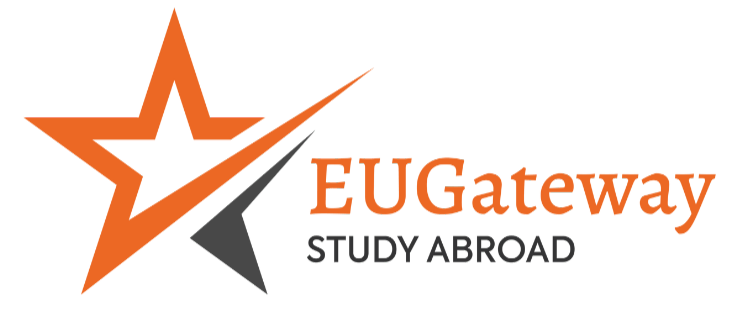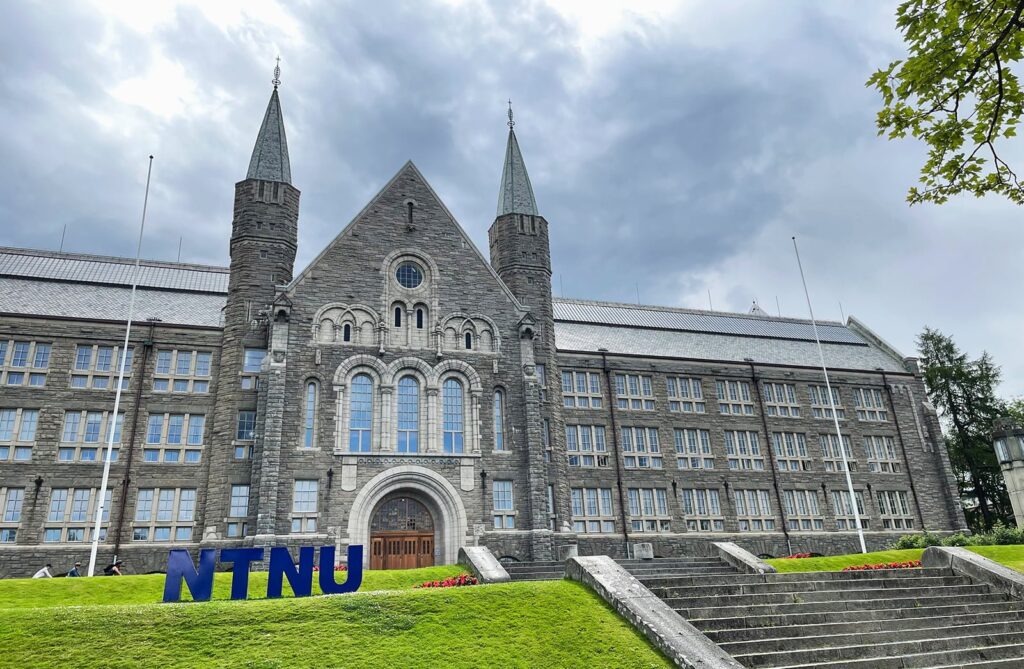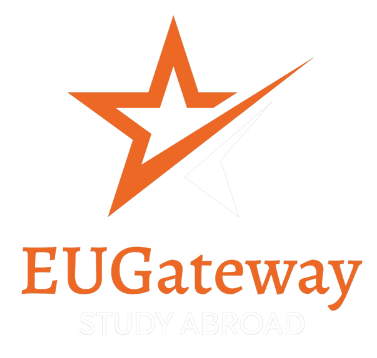The Norwegian University of Science and Technology (NTNU) has students, lecturers, and researchers in the social sciences, health sciences, medicine, arts, and humanities despite its specialisation in engineering, technology, and natural sciences. Since its restructuring in 1760 to combine diverse institutions, museums, and academic organisations, it has grown to become the largest university in Norway, a country with only eight universities. The city of Trondheim is home to the two main campuses, Glshaugen for engineering and sciences and Dragvoll for humanities and social sciences. For marine technology, medicine, archaeology, music, and art, there are additional campuses. In order to create a new university with more campuses nearby, NTNU amalgamated with three university colleges in 2016. Students organise the International Student Festival in Trondheim with prominent speakers each year, and more than 30 master’s programmes are taught in English. There are 17 branches of the university library, which has 2 million books and thousands of electronic books and journals. In addition to 10 main faculties, the university also consists of a business school, the NTNU University Museum, and the university colleges. NTNU had around 85,000 applications to study in 2011, around four times the total student population across all disciplines and levels of study. Nearly half of all students are women.
- Call us on +91 85859 54773
- email us at counsellors@eugateway.in


